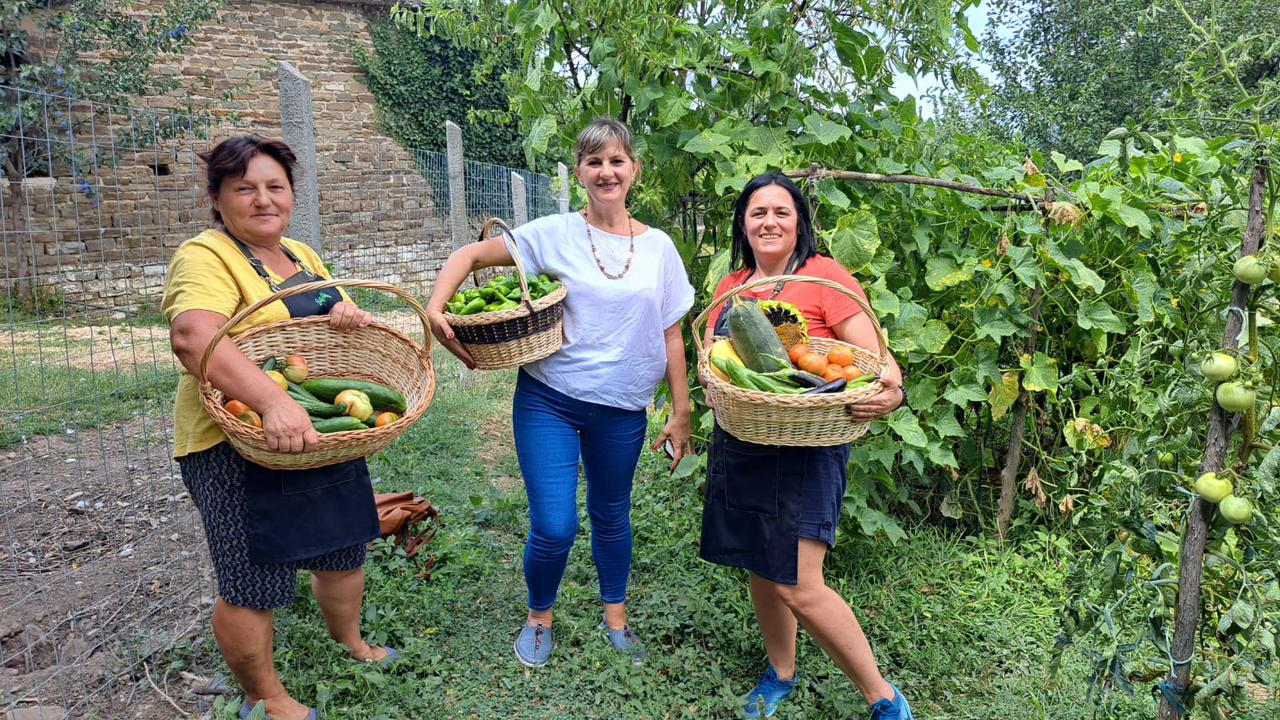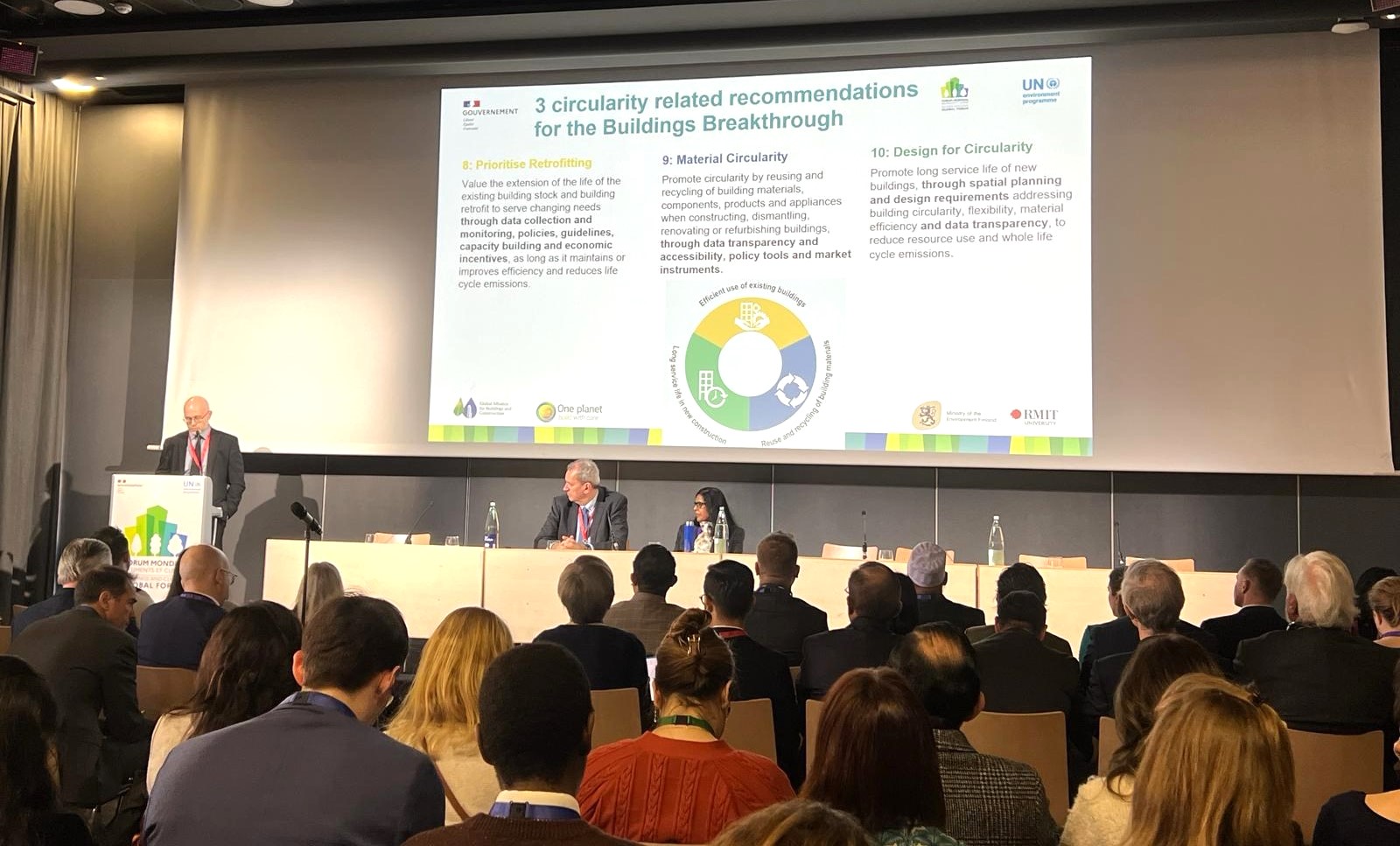Building a global open source seeds alliance [AFFILIATED]
Open source seed systems aim to counter the exclusive rights belief using open source agreements and accelerate the innovation potential of many instead of a few leading to access and availability of diverse seeds. We propose to accelerate and scale our current work with frontrunner- SMEs -local small and medium scale seed enterprises -, innovation driven multistakeholder platforms and lobby and advocacy a policy levels in an increasing number of African countries and globally.
It is Hivos’ strategy to work through multi-stakeholder initiatives to support their search for alternatives. Together we build viable business models for open source seed systems, create wider alliances through joint prototyping, research and learning, and we accelerate and scale our approaches through lobbying and advocacy. The result is an expanding pool of genetic resources that is available now and in the future for unrestricted use by scientists, farmers, and gardeners. Three strands of activities are central to the programme: building viable business models for open source seed systems; strengthening an emerging global alliance of breeders, farmers, gardeners and consumers through joint research and learning; and accelerating a shift in public policy orientation through showcasing the strength of national open source seed initiatives that create alternatives. We invite governments and other stakeholders to join in this global development of open source seed systems.
In East Africa, we work with Bioversity International to enable resource-poor male and female farmers to increase food security and mitigate climate change. During a four-year project period, we will build capacities and increase access to climate-smart crops and crop varieties by establishing viable business models for Open Source Seed Systems (OSSS) in Eastern Africa. We also push for further change in public policy orientation through lobbying and advocacy for OSSS, supported by the Benefit sharing fund of the Plant Treaty (ITPGRFA).
With support from the Open Society Foundations we are developing an open source seed programme that will invest in citizen driven open source seed systems and strengthen the capacities of institutions to develop open source seed systems. We organise meetings (see invitation in right sidebar), seed safaris and social enterprise workspaces in East African countries to move from concepts to application and implementation. We build global alliances with like-minded organisations such as Open source seed initiative US and Apna Beej India. With them and others we are building capacity and promoting open source seeds in Africa and globally, going against the current 'exclusive rights' stream. See project website Contact: sfsprogramme@blw.admin.ch
Image

Altaf Qadri
Project start date
01/01/2016
Project end date
01/01/2020

